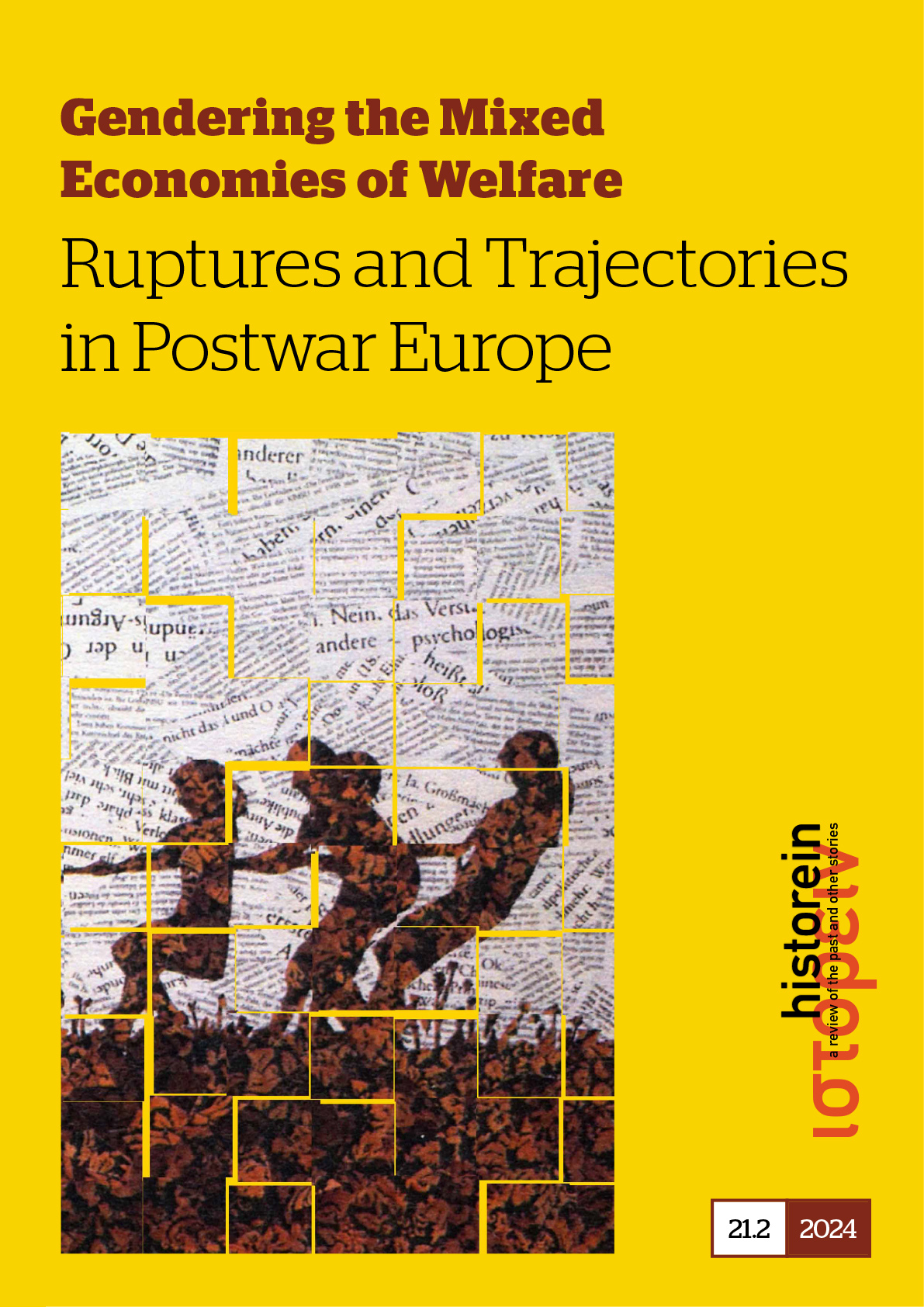Gender and Expertise in the Mixed Economy of Mental Welfare in Greece The Case of the Society of Social Psychiatry and Mental Health (1980s)

Abstract
The late 1970s and the 1980s were a time of political and social change in Greece, following the collapse of the seven-year military dictatorship, as well as a time of rupture in mental healthcare: new approaches were being developed, including those implemented by the Society of Social Psychiatry and Mental Health, a voluntary, nonprofit scientific association, founded in 1981 (officially in 1986). This article places the initiatives undertaken by the society within the international context of postwar mental healthcare, and within the national postdictatorship framework. It uses the analytical concept of the “mixed economy of welfare”, demonstrating that the society’s work was based on the synergy between the private and the public. Furthermore, the article discusses how concepts of gender were embedded in and shaped by the work of the society in the 1980s, arguing that the society reproduced the traditional gender hierarchies of the mental health field while reworking the hierarchies within its personnel – psychiatrists and other professionals, experts and nonexperts, and, by extension, to some degree at least, men and women mental healthcare providers.
Article Details
- How to Cite
-
Kritsotaki, D. (2024). Gender and Expertise in the Mixed Economy of Mental Welfare in Greece: The Case of the Society of Social Psychiatry and Mental Health (1980s). Historein, 21(2). https://doi.org/10.12681/historein.32108
- Section
- ARTICLES

This work is licensed under a Creative Commons Attribution-NonCommercial-ShareAlike 4.0 International License.
The copyright for articles in this journal is retained by the author(s), with first publication rights granted to the journal. By virtue of their appearance in this open access journal, articles are free to use (with the exception of the non-granted right to make derivative works) with proper attribution for non-commercial uses (licence Creative Commons 4.0). EKT/NHRF retains the worldwide right to reproduce, display, distribute, and use articles published in Historein in all formats and media, either separately or as part of collective works for the full term of copyright. This includes but is not limited to the right to publish articles in an issue of the Journal, copy and distribute individual reprints of the articles, authorize reproduction of articles in their entirety in another EKT/NHRF publication, and authorize reproduction and distribution of articles or abstracts thereof by means of computerized retrieval systems.


